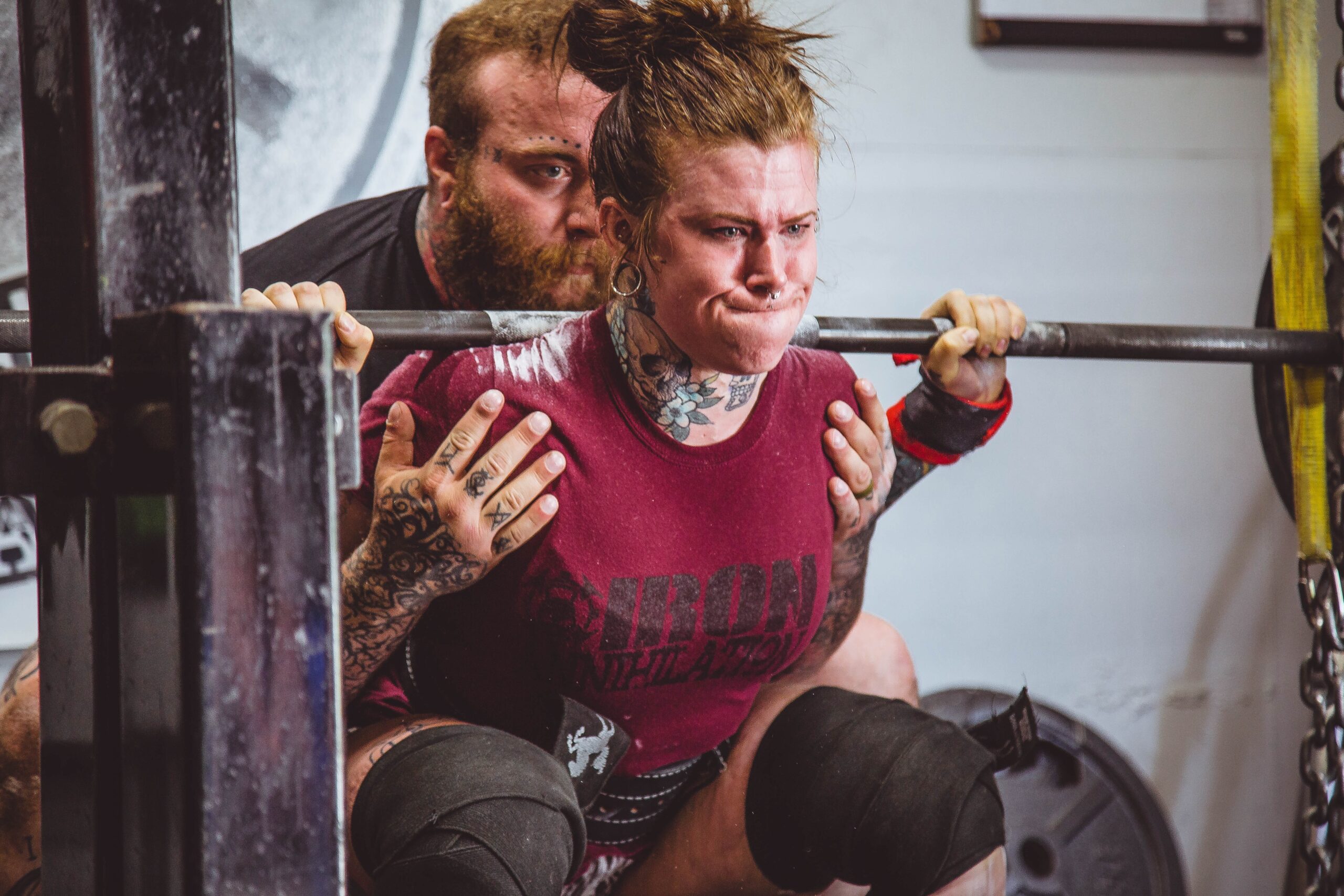Are you fascinated by the intricacies of a sport and love working with people on their athletic performance? If so, have you ever considered becoming a powerlifting coach? If not, perhaps it’s time to take the plunge.
Learning to be the coach of a powerlifting team is a rewarding experience. You can teach technique, encourage hard work, and help your athletes reach their full potential.
Keep reading to learn more about the sport and all it takes to become a powerlifting coach.
Understanding Powerlifting Basics
If you want to become a powerlifting coach, understanding the basics of powerlifting is key. First of all, you’ll need to learn about the three core competitions within powerlifting:
- the squat
- the bench press
- the deadlift
You’ll need to study and become familiar with the rules and regulations of powerlifting, as well as proper technique and form. With the right training and knowledge, you’ll be well on your way to becoming a successful powerlifting coach.
Gaining the Required Qualifications
One of the powerlifting coach requirements is to earn a powerlifting certification from a recognized organization. This certification provides proof of powerlifting expertise and knowledge.
Once you have your certification, you will likely need to get more certifications, such as a first-aid certificate, before you can start working as a powerlifting coach.
You can also gain experience in the field by working as an assistant or apprentice coach. You can also advance your qualifications by getting further education for powerlifting coaches and attending workshops or seminars. You can also join group discussions related to powerlifting.
Choose to specialize in a specific area of powerlifting to give yourself an edge in the field of powerlifting coaching, such as:
- strength development
- technique
- sports-medicine-related fields
Utilizing Strength Training Techniques
Strength training involves the use of exercises and activities, such as weight lifting and resistance training, to increase muscle mass and strength. This is achieved by taxing the muscles beyond what they are used to from regular daily activities.
Familiarize yourself with different strength training techniques. Understand how to best use them in an athlete’s routine.
Be knowledgeable in proper exercise forms and safety guidelines. This helps ensure your athletes are getting the most out of their strength training.
Developing a Client-Coach Relationship
A successful coach-and-client relationship starts with good communication and trust. Make sure to schedule regular meetings with your client and listen to their goals and objectives. Create plans together that are realistic and reachable.
When teaching a powerlifting class, be patient with your clients. Motivate them through both verbal and physical feedback throughout each session. Transparency with them is essential.
Be honest and straightforward while also listening to their thoughts and opinions. Respect for the client is of utmost importance.
Start Your Journey to Become a Powerlifting Coach Today
Becoming a powerlifting coach is a rewarding and empowering choice. With the proper background knowledge and dedication to making a positive impact, one can coach with confidence and earn a living by doing something one loves.
If this path interests you, explore the various certification options available today and take the necessary steps to become a powerlifting coach.
There’s still a lot to learn, though! For more tips, check out the rest of our blog!
